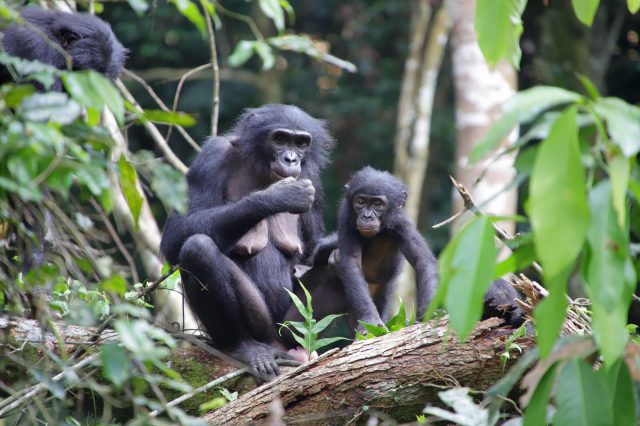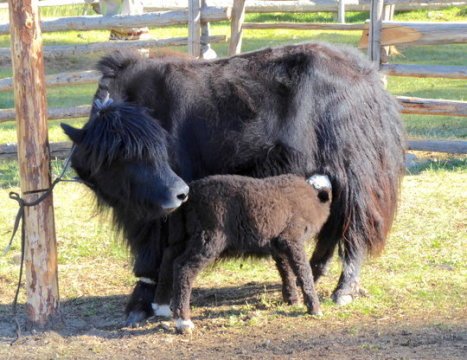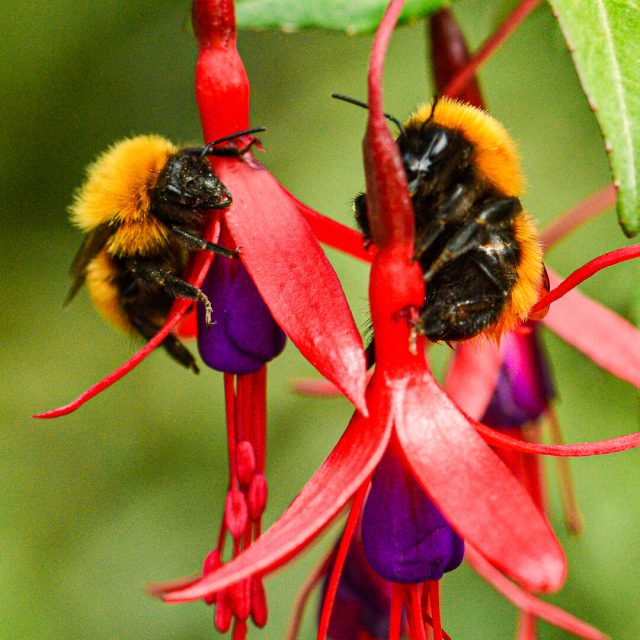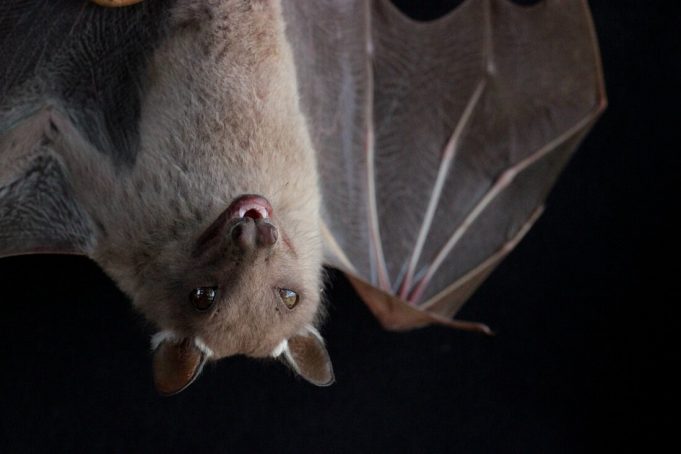Two skulls of the new genus Haringtonhippus from Nevada (upper) and Texas (lower).
Credit: Photos by Eric Scott
An international team of researchers has discovered a previously unrecognized genus of extinct horses that roamed North America during the last ice age.
...
Komodo dragon (Credit: © jjjj56cp / Flickr)
Scientists from Oxford University and Tel Aviv University have ranked the world's most 'popular' reptiles, revealing the species that capture the public's imagination and providing valuable quantitative data towards the debate surrounding conservation...
Researchers Develop Tools to Listen, Talk to Plants with $25M from NSF
Through a newly established NSF Science and Technology Center, University of Arizona researchers will use digital tools to communicate with plants and develop new crops to...
Scientists have witnessed bonobo apes adopting infants who were born outside of their social group for the first time in the wild.
Researchers, including psychologists at Durham University, UK, twice saw the unusual occurrence among bonobos in the Democratic Republic...
In 2004 Reid Brewer of the University of Alaska Southeast measured an unusual beaked whale that turned up dead in Alaska's Aleutian Islands. A tissue sample from the carcass later showed that the whale was one of the newly...
Mongoose pups may conceal their identity to avoid attack by adults they are not closely related to.
Credit: © Nazzu / Fotolia
Young mongooses may conceal their identity -- even from their own parents -- to survive.
Killing of pups is common...
In autumn, it is not only the colours that catch the eye, but also the different sizes and shapes of leaves. But what makes leaves of different plants differ so much in their shapes? Scientists at the Max Planck...
A recent study on the oldest proto turtle, Eunotosaurus (left), suggests the broadening of the ribs in turtles was initially an adaptation for burrowing to escape the extremely arid environment of South Africa 260 million years ago. Later the...
Although dairy pastoralism once made Mongolian steppe herders successful enough to conquer most of Asia and Europe, the origins of this way of life on the East Asian steppe are still unclear. Now an international team of researchers led...
Researchers at the Consejo Nacional de Investigaciones Científicas y Técnicas (CONICET) in Argentina have found that, since the 1990s, up to 25% of reported bee species are no longer being reported in global records, despite a large increase in...
At a time when kombucha is commonplace on cafe menus and "probiotic-fortified" has become the newest health buzzword, our guts have never been more relevant. With good reason, humans have begun paying more attention to the bacteria living in...


















